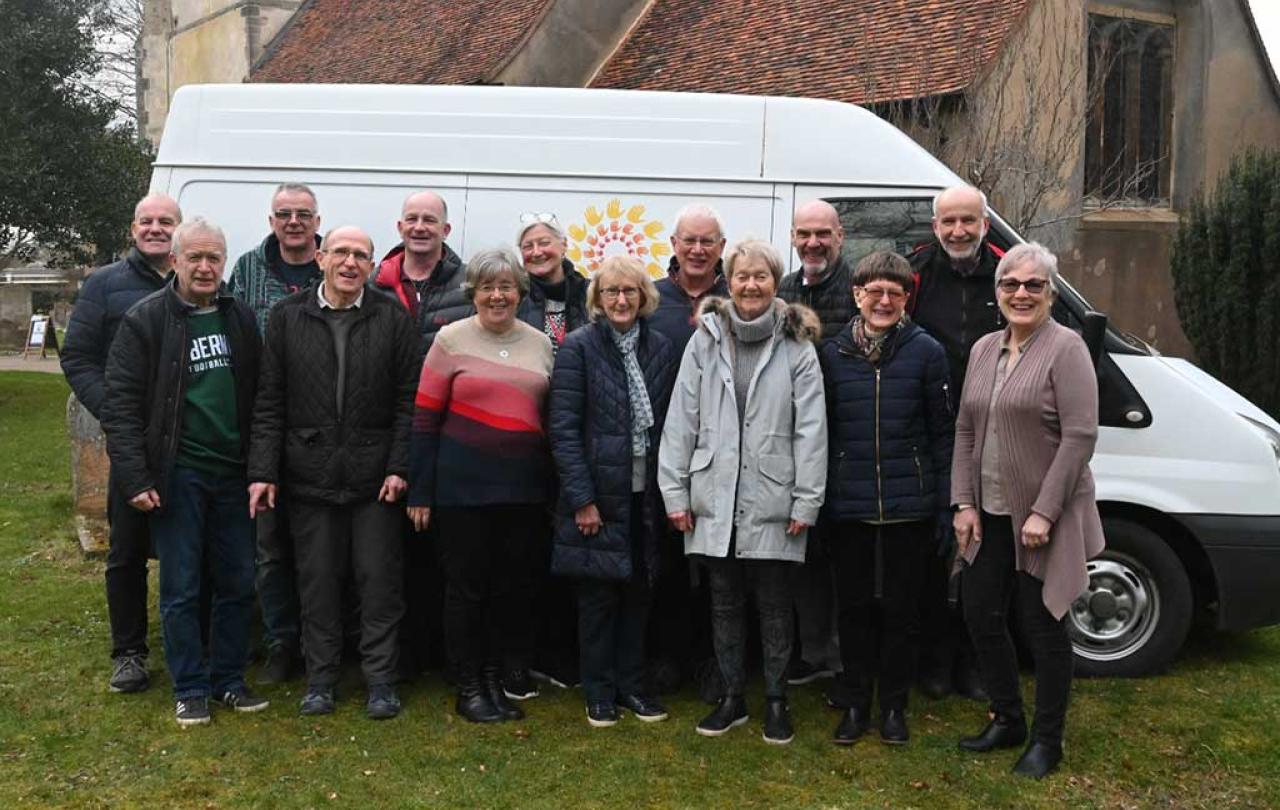
It will come as little surprise to the UK public to hear that Christians are involved in charity. In times of great need, several high-profile Christian charities offer help. For example, after the devastating earthquake in Turkey and Syria last year, the UK’s Disaster Emergency Committee pooled the resources of 15 leading aid charities to provide relief. Of those charities, four explicitly identify as Christian: Tearfund, Christian Aid, CAFOD, and World Vision. Anyone following these efforts would easily grasp that Christians are involved in large-scale charitable activity that helps those in need.
Outside of the public gaze, however, are ordinary Christians serving the marginalised in their local communities. Around the country, they are running warm banks, food banks, and other enterprises helping those unable to provide for themselves or their families. Despite how hidden these efforts are, they make an enormous difference to their local communities. The collective impact of all these different groups is vast.
My colleague, Catherine Jupp is one of these faithful people. Catherine and I both serve our parish church in rural Hertfordshire, I as a priest and she as a lay minister. In her previous life, she taught in a secondary school in a challenging area. Now, alongside her ministry, she and her husband run a local charity called Furniture Friends.
Their mission is simple: to give furniture to those who need it at no cost. Day to day, this involves volunteers who work with them driving around in a van, collecting beds, sofas and other items from people who have no more use for them. They take calls from a network of social workers around Hertfordshire, asking for particular things for certain people. And, they go and deliver furniture to these individuals and families in need.
Catherine speaks of the challenging circumstances their clients live in: families living without any furniture. Furniture Friends makes a massive difference to these children who can now sleep on beds and families who can sit on a sofa. One recipient said to them,
“Yesterday all I had was a mattress and a camping stove, today I have a bed and a beautiful chair. I feel like a queen, thank you so much.”
A social worker praised their work with these words:
“I just wanted to let you know what a difference you have made to our families. I visited my client today and for the first time in four years the children were dressed and clean, the house was tidy and organized. Your help and donations have given this family a new direction and a sense of pride in their home which has had a huge impact on the children and their wellbeing.”
Over the past year, she has shared her concern about the huge increase in referrals as the cost of living crisis sunk its teeth in. From the outside, I see how they have responded to this increasing need. Working as hard as they can, they deliver a significant amount of furniture around the local area. Although they are one small charity, they have a significant impact.
She also often talks about what drives her to this work. Catherine is theologically trained and taught ethics for years, so she could offer a theologically complex account of her motivation if she wished. However, she has no need to. She simply says that it is the most obvious thing in the world that she ought to do this work. “It’s just what you do,” she says. By this, she means, that it is the clear outworking of her Christian faith.
I often hear this expression when speaking with Christians leading social justice enterprises and movements. When I dig a little deeper, they tend to say that growing up in Church, they regularly heard in sermons that serving those most in need comes hand in hand with loving God. Christians believe this because the Bible repeatedly expresses that God has a special concern for the poor and that we must too. When one hears this message week after week, year after year, it becomes common sense to us. Hence, when Catherine says she delivers furniture to those who most need it, because “It’s just what you do,” she means that for her, love for God and love for neighbour must always come together. It is for this reason that Catherine does this work, outside of the public gaze, which makes all the difference in the world to the many people she serves.






